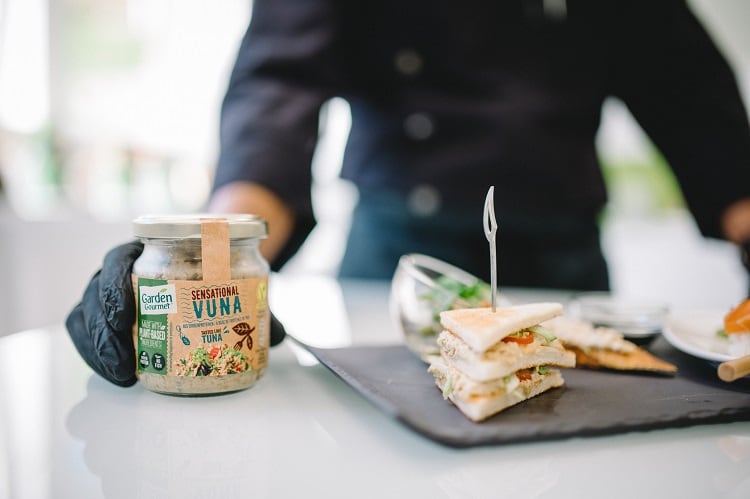Nestlé beat analysts’ expectations and reported organic sales growth of 3.5% in the first nine months of the year. Organic sales grew by 4.9% in the third quarter, following 1.3% growth in Q2 – the highest level of quarterly growth in six years, with most geographies contributing to the strong quarter.
It also raised its full-year guidance to around 3% organic growth, which is still below last year’s 3.7%.
Sales of products consumed out of home and on the go fell 26.4% in the quarter. But this was offset by strong demand from consumers for food and beverage products consumed at home, notably from trusted brands such as Maggi noodles and DiGiorno frozen pizza. Retail sales grew over 7% in the nine months, reflecting “sustained strong demand for at-home consumption”, the company said.
E-commerce saw “exceptional growth” of 47.6% and now accounts for 12.3% of total sales.
Nestlé’s Europe, Middle East and North Africa division reported 2.9% growth in the nine months. All regions contributed positively. Increased at-home consumption increased, helping culinary products to deliver double-digit growth. Vegetarian and plan-based sales also delivered strong double-digit growth supported by new launches. Nestlé also noted strong demand for dietary supplements from its growing Nestlé Health Science division.
Speaking to investors, Nestlé’s chief executive Mark Schneider said “trusted brands” had fared well in the pandemic and made ground over “new specialist brands entering the marketplace”.
He said the trend in consumer behaviour towards increased in-home consumption had already become ingrained in consumers. “It’s clear that even when some of the immediate health concerns might be abated, people do skew more towards in-home consumption now.
“By and large the trend towards more in-home consumption, which favours us, I think is here to stay, and that bodes well for next year.”
Unilever’s third-quarter trading statement revealed similar trends. It reported overall sales growth of 4.4% in the third quarter, which was again above expectations, across its three divisions. Despite foodservice sales declining over 20%, its food and refreshments arm rose 3.7%, a significant improvement on the weak performance in Q1 and Q2 (-1.7% and -1.8% respectively), as in-home consumption grew.
“Our retail foods business grew double-digit and tea saw mid-single digit growth as in-home eating occasions continued at elevated levels,” it said. Hellmann’s sales grew in the mid-teens, with Hellmann’s Vegan now available in 30 markets. It noted mid-teens growth of in home ice cream, with sales of Ben & Jerry’s and Magnum more than offsetting the decline in out of home ice cream sales.
The team of equity analysts at Bernstein said of the Unilever results: “The shift of consumption towards in-home seems to be providing a strong tailwind to the sector and is outweighing any exposure to the out-of-home market with ice cream a prime example: strength of at-home ice cream fully offsetting out-of-home declines.”
They also noted the shift to calorie consumption to in-home was “seemingly [in] the whole sector” and was "more than offsetting weakness in out-of-home such as in ice cream”. They said the shift to in-home was also being assisted by new product market entries such as Hellman's vegan range.
Analysts also say the results from the two food and beverage giants illustrate the revival of trusted and familiar brands: a trend at odds with the shift among shoppers in recent years towards private labels and niche brands.
Commenting on how Unilever drove its sales growth far above expectations in the third quarter, as consumers spent time at home, Mark Lynch, Partner at Oghma Partners, said: “Another strong set of revenue figures highlights the maintained shift from out of home to in home spend and also the trend of ‘comfort buying’; in a world where trust is in short supply consumers are shifting back to brands which are trusted and well known. In many respects the purchasing decisions are therefore the pay-back for sustained brand investment and brand building which in some cases, like Marmite, stretches back over a century to 1902.”




